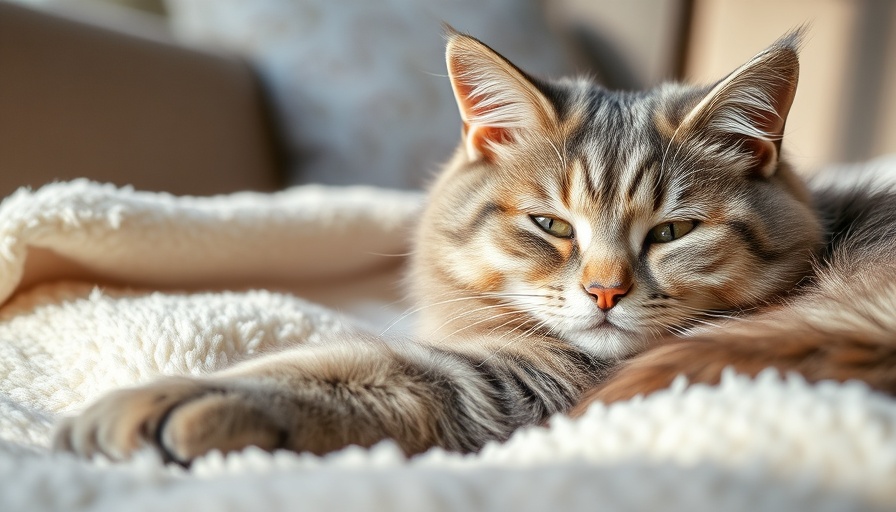
Understanding Avian Influenza and Its Risks to Cats
As pet owners, it's crucial to stay informed about health risks that can affect our beloved companions. One such concern that has emerged is Highly Pathogenic Avian Influenza (HPAI), commonly known as bird flu. While this virus primarily impacts wild birds, it has also been linked to infections in domestic cats. In this article, we'll explore the risks associated with avian influenza for cats, preventive measures, and what to do if you suspect your pet may be infected.
How Avian Influenza Spreads to Cats
Understanding how avian influenza spreads is essential in protecting your feline friend. Cats can contract the virus through:
- Hunting or scavenging infected wild birds.
- Drinking from water sources contaminated with bird droppings.
- Exposure to raw poultry products or infected poultry.
Indoor cats are generally at lower risk, but outdoor and free-roaming cats face greater dangers, particularly in areas known for bird populations.
Symptoms of Avian Influenza in Felines
Should your cat become infected, symptoms can escalate rapidly, making it vital to recognize the signs:
- Lethargy or extreme weakness.
- Decreased appetite and sudden weight loss.
- Fever and respiratory issues like coughing or difficulty breathing.
- Nasal discharge or sneezing.
- Neurological symptoms such as tremors, seizures, or uncoordinated movements.
In severe cases, avian influenza can lead to fatalities. Immediate veterinary attention is necessary if you observe any of these symptoms, especially following exposure to birds.
Practical Steps to Mitigate Risk
Since no specific treatment exists for avian influenza in cats, prevention is paramount. Here are some practical steps to reduce your cat's risk:
- Avoid Contact with Birds: Refrain from feeding birds in places accessible to your cat, and regularly clear any bird droppings or carcasses around your home.
- Be Careful with Poultry Products: If your cat enjoys raw poultry, ensure it’s ethically sourced. Cooked poultry is generally a safer option.
- Limit Exposure: For those with backyard chickens, be diligent about hygiene—wash hands and change clothes before interacting with your cat.
- Stay Informed: Check local health updates frequently to gauge avian flu outbreaks in your region and adjust your cat's routines accordingly.
When to Seek Veterinary Care
Don’t hesitate to contact your veterinarian if your cat exhibits any signs of illness, especially after potential bird interactions. Quick action can significantly improve outcomes.
Building a Safeguarding Strategy for Your Pet
The best way to keep your feline safe is through vigilance and proactive measures. Regular visits to the vet can help ensure your cat remains in good health and up to date on vaccinations. Additionally, engage with pet communities and resources to stay abreast of best practices for pet care.
In addition to immediate protective measures, consider the long-term wellbeing of your cat. Creating a safe environment at home, befriending gardens devoid of wild birds, and ensuring that your pet’s meals are safe can help maintain their health. For more guidance, feel free to reach out to your local veterinary team.
Your Role in a Healthy Environment
As a responsible pet owner, your dedication to protecting your cat from avian influenza is crucial. Awareness and informed actions can lead to better health for your furry friends. Don’t miss out on taking effective steps today—let’s work together to keep our pets healthy and thriving!
 Add Row
Add Row  Add
Add 




Write A Comment